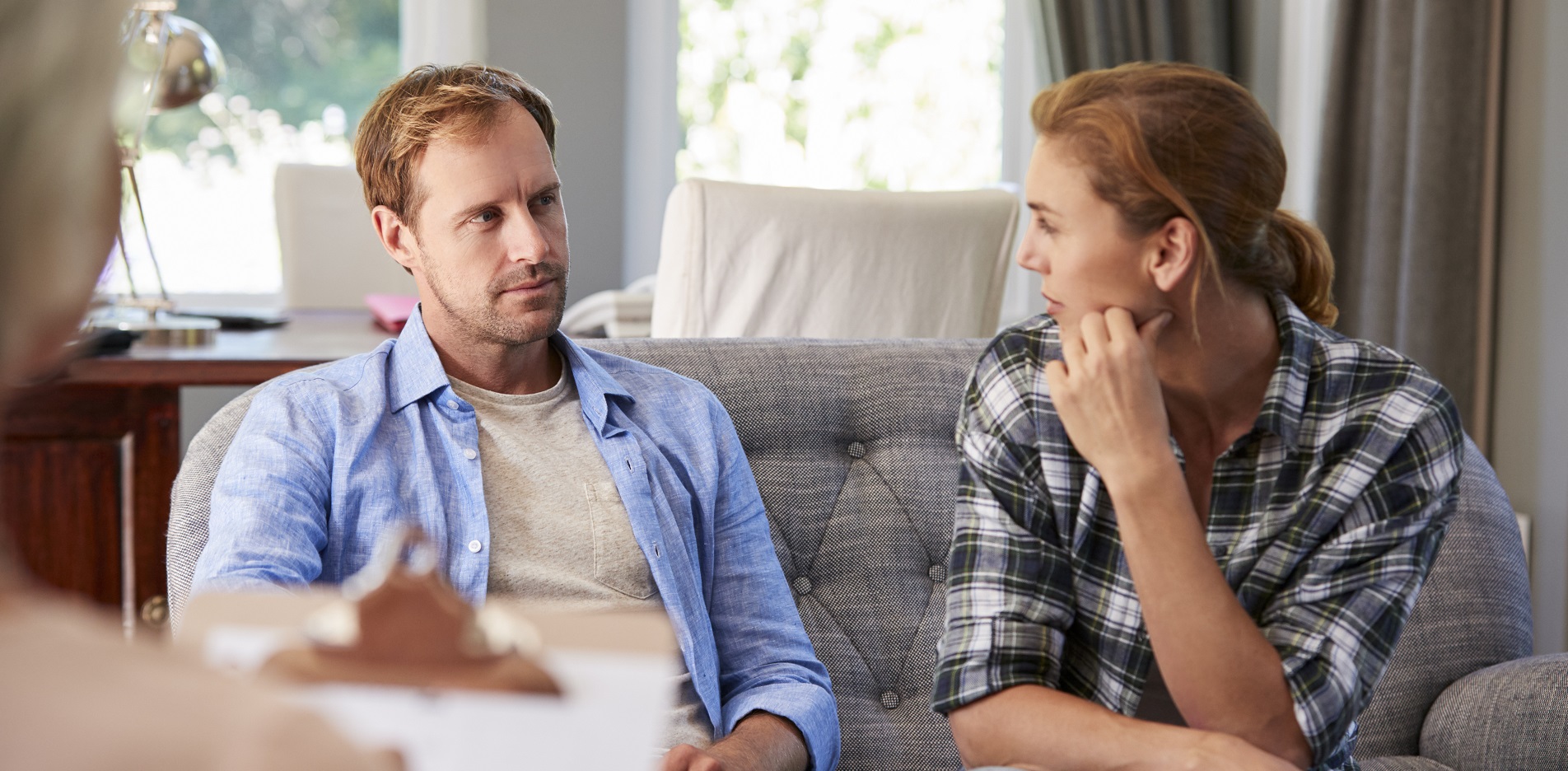
Couples Therapy
We see two kinds of relationships in couples therapy. Many come in because of dissatisfaction. But a second group are very healthy but are hoping to enhance existing strengths or work on a few minor issues to have an incredible relationship.
The pace and demands of live often seem to exacerbate some relationship issues. Here are some common issues and problems we see in couples therapy:
Common Issues And Problems
- Angry and resentful partner
- Depressed partner
- Anxious partner
- Constant arguments and fighting
- Low sex or no sex
- Waning chemistry
- Infidelity
More
- Loss of trust
- Poor communication
- Emotionally cold or disconnected partner
- Inability to commit
- Constant blame
- Inability to forgive
- Discrepancies in values, interests, and lifestyles
Couples may feel they don’t have time for couples counseling. As they feel pressed to be productive every minute. Competitive careers, commutes, demanding exercise regiments, children, social scenes– there is no rest for the weary, much less time for marriage counselling.
Who has time to work on a relationship?
Many couples have come to our office, not because they have spare time, but because they’re scared if they don’t, their misery will get worse, their relationship will end, or they’ll end up staying in a very unhappy relationship for too long, or be stuck indefinitely.
Our approach to couples therapy is to immediately assess the strengths and weaknesses of the relationship, identify the current problems, historical patterns, and set goals for therapy. Then together, we begin the work of understanding the reason the problems exist, learn the skills necessary to solve these problems. The work is very collaborative and we are there to support you both in finding a way forward. To help you both understand whats happening in your relationship we present models to illustrate how couples problems develop and provide concrete tools for couples to use outside of session.
Conducting exercises and using techniques in session to improve communication emotion regulation and problem-solving skills.
The couple will certainly be the ones practising and doing the work, but the therapist is active at providing structure and guidance, as well as validation which helps each partner understand each other when necessary.
Change the way you feel !
Please call in confidence or text 020-33227760, or fill out the form.
Email: info@hamilitonpsychologicaltherapies.com

